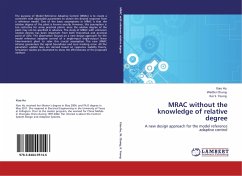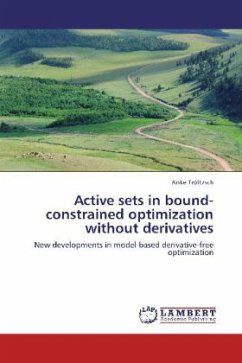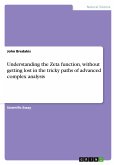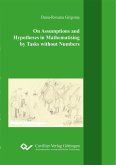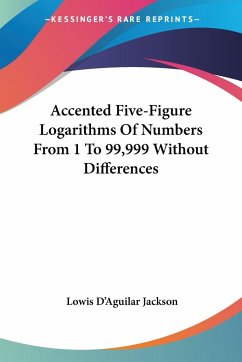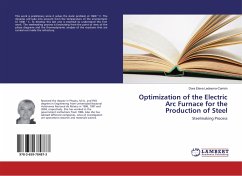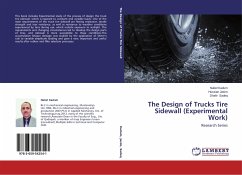The purpose of Model Reference Adaptive Control (MRAC) is to create a controller with adjustable parameters to obtain the desired response from a reference model. One of the basic assumptions in MRAC is that the relative degree of the plant is known exactly. However, this assumption is too restrictive for some practical plants, since the relative degree of the plant may not be specified in advance. The study of MRAC with unknown relative degree has been important from both theoretical and practical point of view. This dissertation focuses on a new design approach for the model reference adaptive control of a single-input single-output linear time-invariant plant to relax this crucial assumption. This new MRAC scheme guarantees the signal boundness and zero tracking error. All the parameter update laws are derived based on Lyapunov stability theory. Simulation studies are illustrated to show the effectiveness of the proposed method.
Bitte wählen Sie Ihr Anliegen aus.
Rechnungen
Retourenschein anfordern
Bestellstatus
Storno

